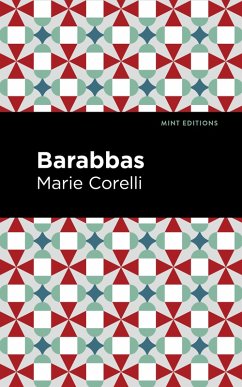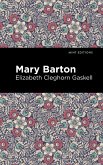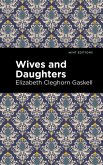In the gloom of a Syrian prison, prisoners awaiting trial succumb to the heat and squalor of their cells, their senses overwhelmed with the smells and sights around them. In one cell, the thief Barrabas ponders his fate. In another, a man named Jesus awaits his earthly judgment. Barrabas is a novel by Marie Corelli.
Dieser Download kann aus rechtlichen Gründen nur mit Rechnungsadresse in A, D ausgeliefert werden.









